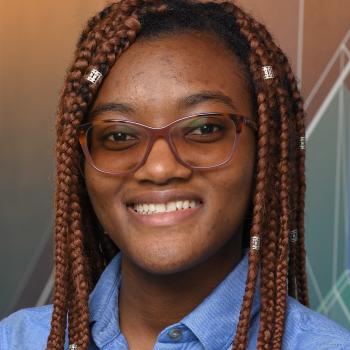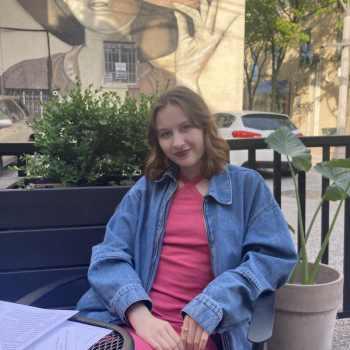.png)
What you learn will spark your own ideas and give you an idea of whether research is a career you want to pursue
Aaron Philip
Physics and Advanced Mathematics
Undergraduate Research in the Neighborhoods
A major challenge in computational science today is the poor scaling of computational time and resources in modeling complex phenomena with many degrees of freedom. One approach to ameliorate this is to find a low dimensional subspace in which to solve high dimensional problems. In Aaron’s research project, a machine learning architecture (Neural Implicit Flow) was used to learn dynamics of the chaotic Lorenz system and the time dependent behavior of a nucleus under a quadrupole kick. Working within the Facility for Rare Isotope Beams (FRIB), Aaron’s research project introduced an approach to designing and training Machine Learning (ML) models, with concrete evidence of its capability in learning complex, time-dependent dynamics of nuclear systems. This paves the way for FRIB scientists to carry out their studies and provides a blueprint to other scientists for training their own surrogate models.
Learn more about this and other research in the Neighborhood Engagement Centers.




.png)


